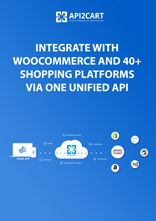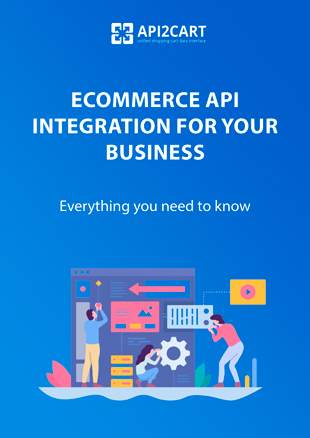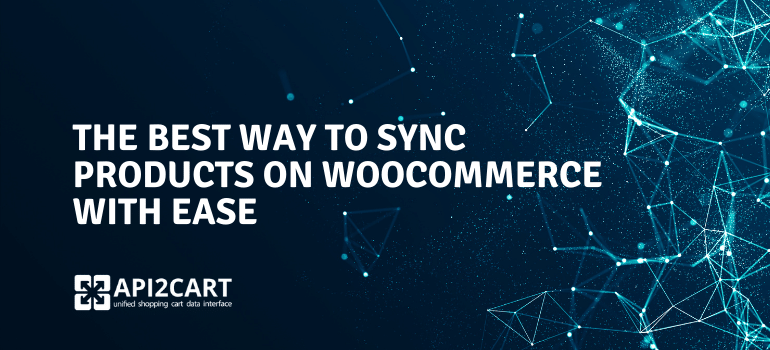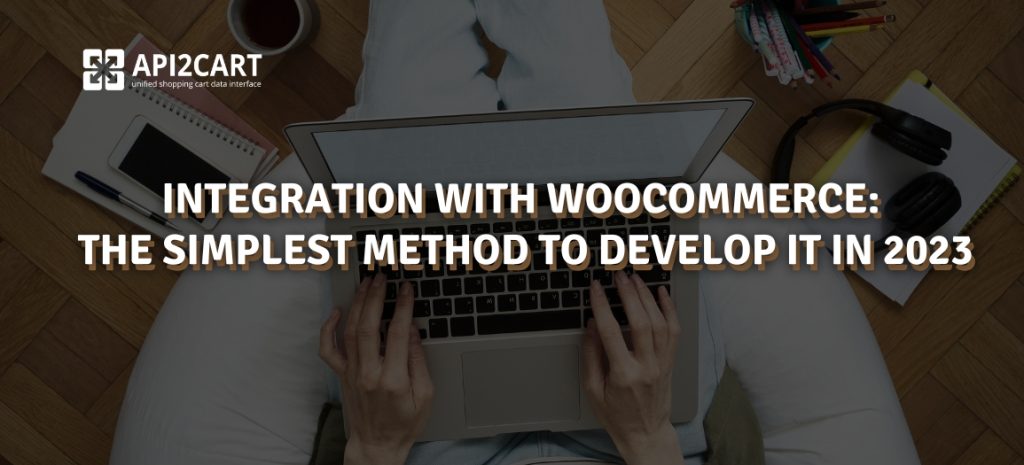
WooCommerce integration is one of the popular integrations among SaaS App providers such as order management, warehouse management, multi-channel, shipping solutions, PIM and many others. It's not surprising as this shopping platform powers over 28.19% of all online stores.
Based on our research, WooCommerce is at the third place among the popular eCommerce platforms used by our clients. Despite its popularity, developing integration with this shopping cart may be tricky enough.
We asked our developers to share with us the biggest headaches that may occur when developing integration with WooCommerce. Take a look at them and find out the solution on how you can avoid all the challenges of integration with this shopping platform.
Basic info about WooCommerce API
WooCommerce Rest API allows working with needed store data such as orders, customers, products, categories, coupons, etc. In order to start working with its API, you need to pass by the process of authentication. WooCommerce supports two default authentication methods such as OAuth 1.0 and basic authentication over HTTPS.

WooCommerce API Integration Development
Explore how WooCommerce integration can help your business become more competitive.
Please fill in the form to download your document:

Special WooCommerce API Integration via API2Cart
Find out how extra functionality can help your business win its place in the sun.
The main difficulties in WooCommerce integration
Pain point #1: A large number of API versions
The first and key problem with WooCommerce Rest API integration is a huge number of API versions. What's can make a developer more confused is an API built into new versions of core WordPress, and a 'Legacy API', which comes as a separate module.
Below is the compatibility of the versions:
| API Version | WC Version | WP Version |
|---|---|---|
| v3 | 3.5.x or later | 4.4 or later |
| v2 | 3.0.x or later | 4.4 or later |
| v1 | 2.6.x or later | 4.4 or later |
| API Version | WC Version | WP Version |
|---|---|---|
| Legacy v3 | 2.4.x or later | 4.1 or later |
| Legacy v2 | 2.2.x or later | 4.1 or later |
| Legacy v1 | 2.1.x or later | 4.1 or later |
(WC = WooCommerce, WP = WordPress)
Most developers write integration with the newest versions not taking into consideration the oldest ones. Thus, online store owners that are using the oldest WooCommerce versions and are not planning to upgrade to the new version for some reason are being left behind.
Due to the high number of API versions, it is obvious that there will be frequent changes in the future. Therefore, developers will have to change the integration code accordingly.
API2Cart supports all WooCommerce versions starting from 1.6.0 in which there was no native API at all. Moreover, our developers always track changes in the code of new WooCommerce versions. Using our service integration with WooCommerce is always actual.
Pain point #2: PHP code modules that can lead to slow work
Requests to WooCommerce REST API one way or another involve downloading the WP/WC PHP code modules. This leads to an increased store load when retrieving a huge amount of data if the store server is not powerful enough. This results in slow work or total store unavailability.
API2Cart adds the minimal bridge module to store code which receives encoded SQL requests from our cloud service and executes them directly in the store database. That's why data export/import performance is maximized.
Pain point #3: WC may not have needed functionality
Although WooCommerce REST API is quite streamlined, you may not find some functionality. You will have to use the Native API.
But that's quite another story. Most developers who had to work with it, have not a high opinion of it.
Here is a quote from Hachernoon website:
The WordPress codebase is stuck in 2003 and probably will be forever.
The native API documentation is far from ideal. Some functions are unclear and uninformative, for example, get_children (get what children?). There are many different functions that do the same (one could do it) - e.g. sanitize_*, esc_*.
So, the developer should just pray to use just REST API and not the Native API.
API2Cart strives to satisfy all your business needs. It can develop a needed functionality to work with a certain eCommerce platform.
Your WooCommerce Integration Solution
In order to not face the challenges mentioned above, it is better to use a ready-made service for integrations such as API2Cart. It has developed a unified API that allows to integrate with 40+ eCommerce platforms at once, including the WooCommerce shopping cart. You'll be able to work with needed store data such as orders, customers, products, categories, etc.
Just one integration with API2Cart and you are a 'King of shopping cart integrations'!
Do not hesitate and schedule a call with our representative or start using API2Cart right now.



